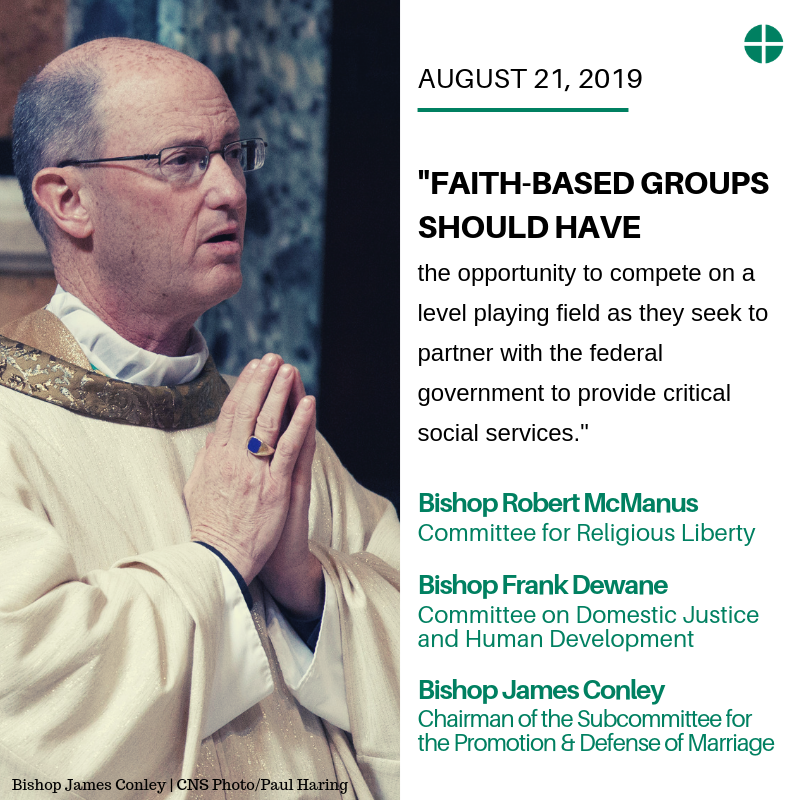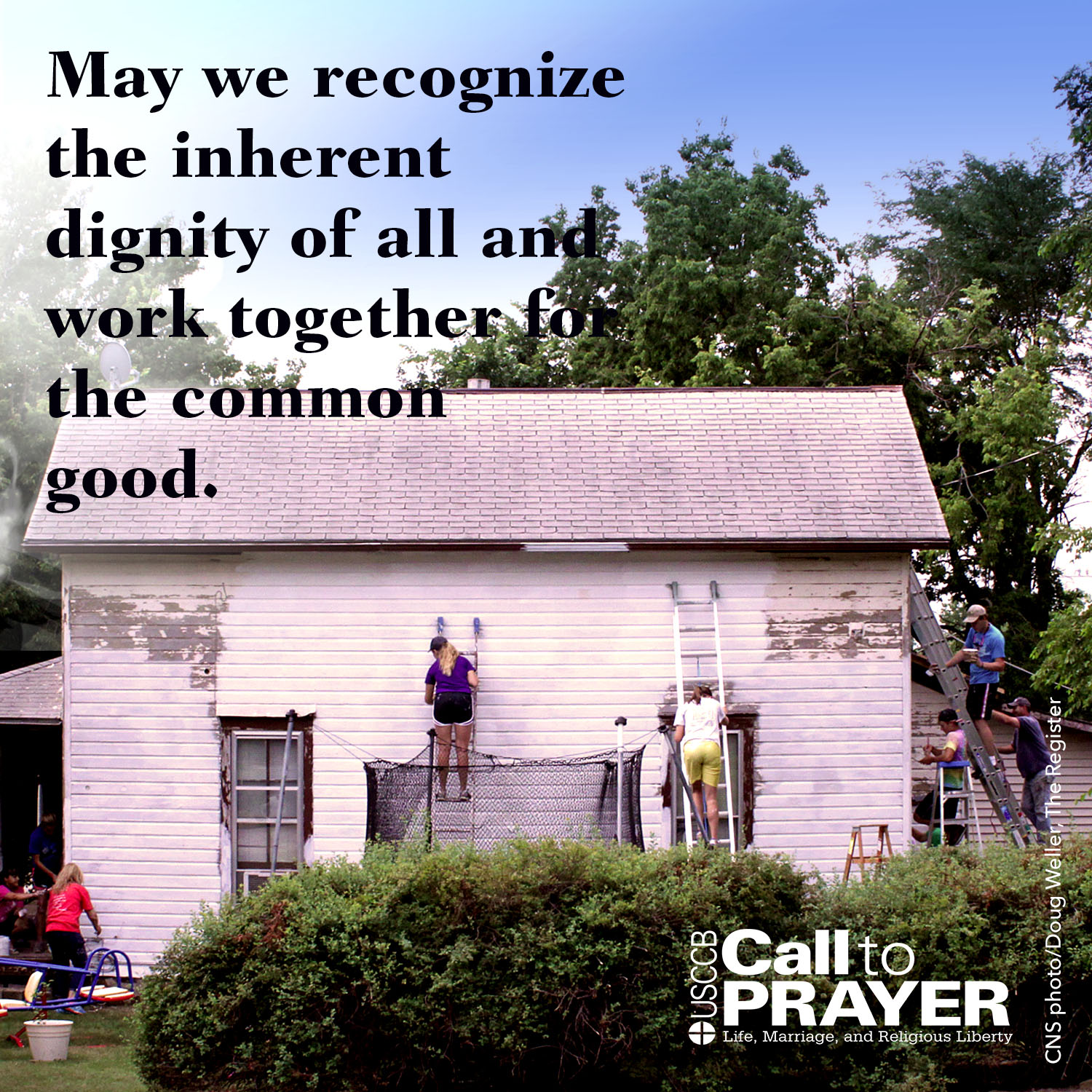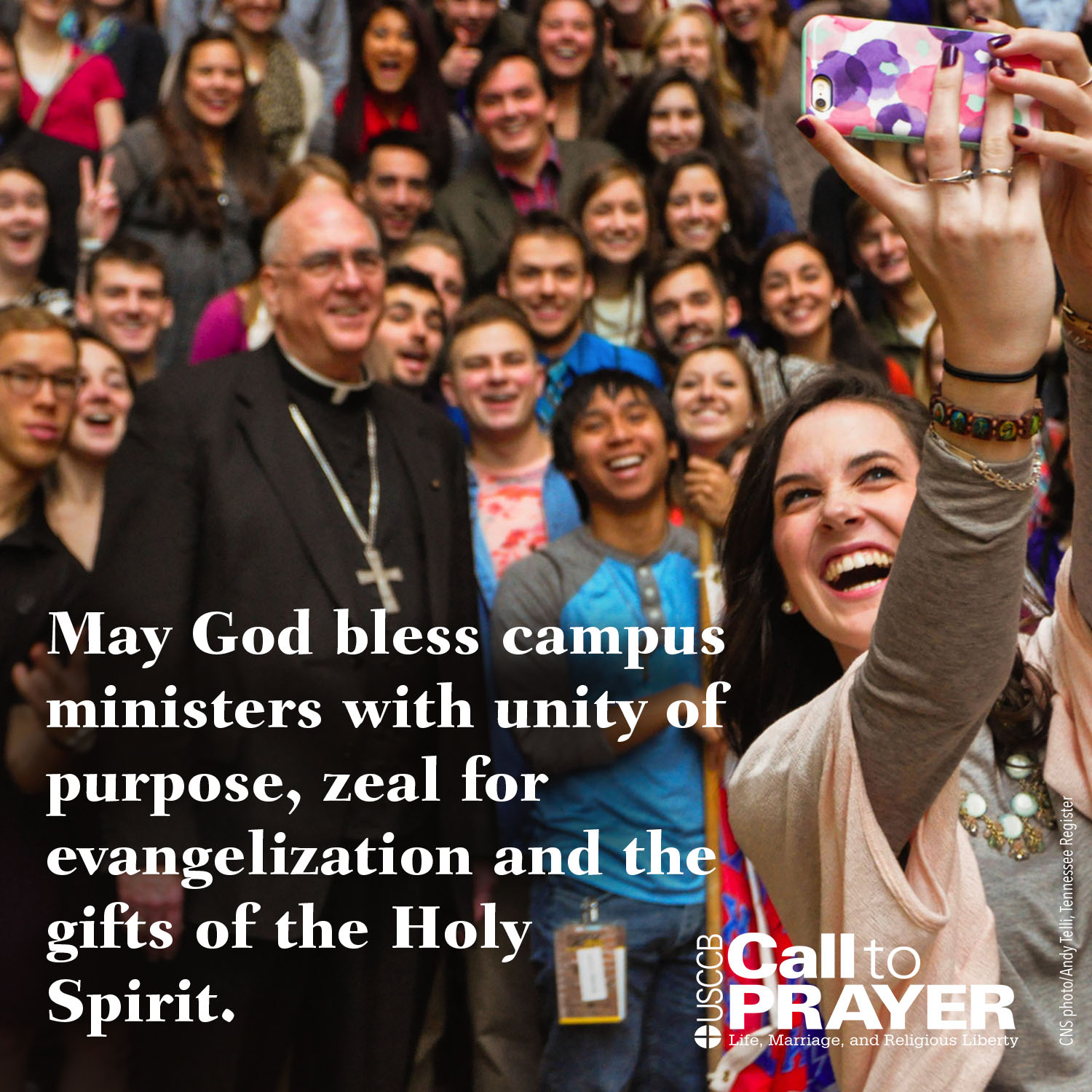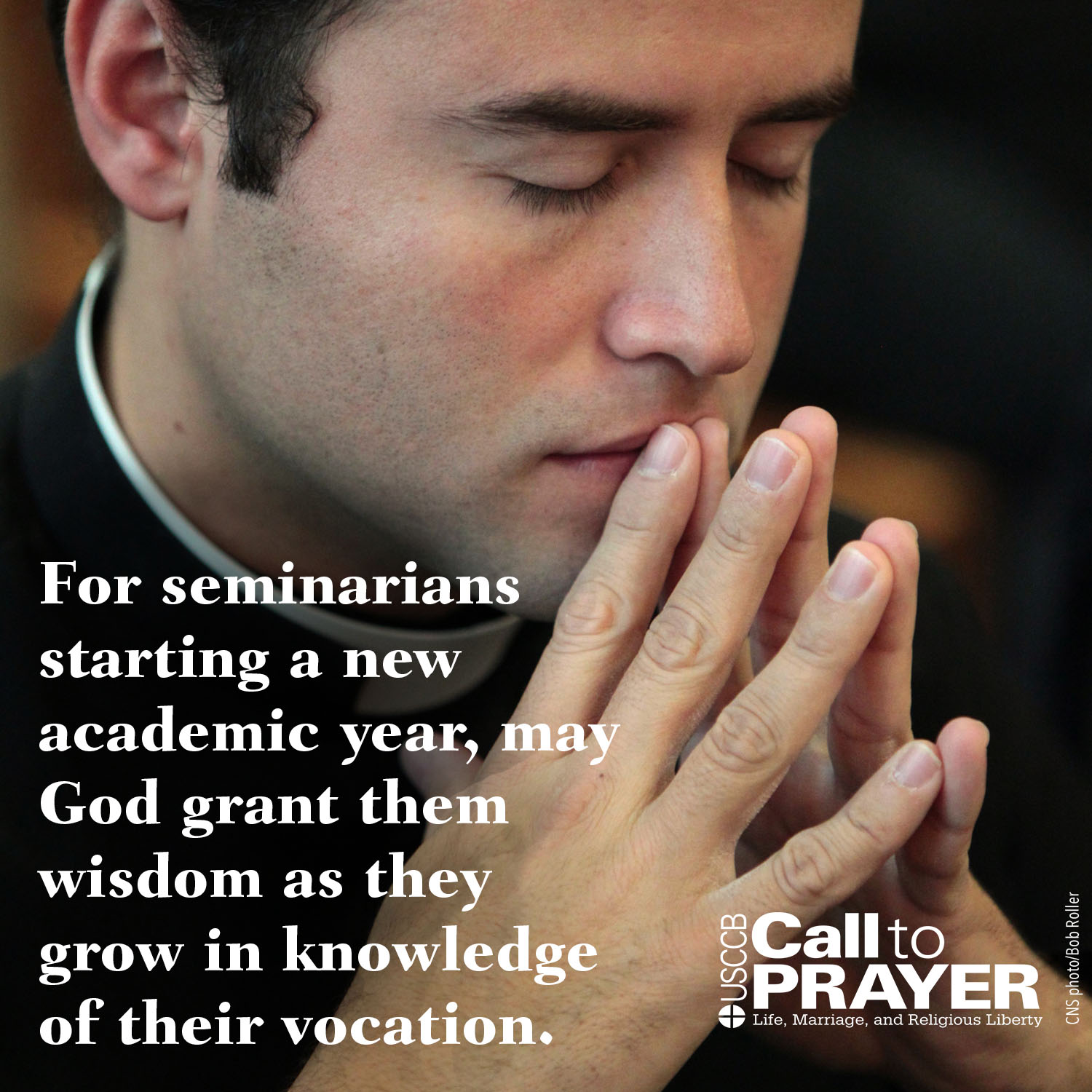New Blog Series: The Nature of Marriage
A few years ago, I was discussing the Church’s position on contraception with a friend of mine. He said, “Well, getting sick is natural, and we take medicine to stop the process of becoming ill. Why is taking birth control to stop the process of becoming pregnant any different?” I must admit, I was a little stumped. I knew that the two cases—becoming ill and becoming pregnant—were different, but I couldn’t quite parse out how. I had an intuition that it had something to do with the way my friend was using the word “natural.” Surely, I thought, getting sick and getting pregnant are two different kinds of natural processes. But how?
We all have a general—perhaps a vague—idea of what “natural” means. Such is obvious by the fact that we assume the existence of nature in our everyday language. When two dogs struggle against their leashes to sniff and inspect one another, we say, “Well, they’re just doing what comes naturally!” We say things like, “I hadn’t eaten breakfast or lunch, so naturally, I was starving come dinnertime.” Not only do we talk about the natural, but we also have an intuition that what is natural is good. For instance, many of us favor natural remedies as opposed to prescriptions. Many of us gravitate toward brands that include the word “natural” in the name, brands that promise products free of chemicals and food free of additives and preservatives.
As Catholics, we have an especially rich understanding of the natural as good. We take human nature to be the grounding for certain truths about the human person: that mankind was created male and female, that the human being is ordered toward procreation and family life, that the human being is by nature a social creature. All these things we regard as good insofar as they are integral aspects of human nature, and to live out these aspects of human nature is what enables the human being to flourish. When we recognize a common human nature and recognize this nature as good, we therefore know also that it is good for everyone to flourish. In other words, we recognize that to flourish is a right, so to speak, of each and every person. To recognize this fact gives way to the concept of human dignity, which means to respect and, indeed, to help our fellow human beings flourish and live-out their human nature. We cannot, therefore, truly know what it means to say that human beings have worth and dignity, what is good for mankind, without a concrete notion of human nature.
In 1993, St. Pope John Paul II published his encyclical Veritatis Splendor in view of widespread confusion and disagreement in the areas of ethics and moral theology. The mission of the encyclical was to recall and restate the fundamental truths of Catholic doctrine as it pertains to the Church’s moral teaching. The overarching theme of Veritatis Splendor is to affirm the natural and eternal law, to affirm and defend a real and immutable human nature, and to affirm the fact that “the power to decide good and evil does not belong to man, but to God alone.” (VS, no. 32) In other words, St. John Paul II teaches us in Veritatis Splendor that to know human nature and to know it as good and created by God are essential to understanding the Church’s moral teaching.
Taking for its inspiration St. John Paul II’s Veritatis Splendor, this blog series will answer questions about the Church’s teaching in the areas of human sexuality, marriage, and the family— with an eye toward human nature and natural law. For example: What does it mean to say that marriage is a natural institution? In what sense is marriage natural? Why are unity and procreation marriage’s natural ends?
In the blog entries to come, I hope to provide some clarity and insight into the nature behind Church teaching and to answer some of these tricky questions that sometimes leave us stumped. These are questions that Catholics and non-Catholics alike struggle with and, if left unanswered, can be a source of confusion, frustration, and anxiety. It is more important than ever to understand and promote the true nature of the human person and the true nature of marriage. It is more important now than ever to remember that nothing in God’s creation is arbitrary, that (in the words of Aristotle) “nature does nothing in vain”—to remember that not only is marriage unique, it is unique for a reason.
About the Author: Bridget Groff is an M.A./Ph.D. student in the School of Philosophy at the Catholic University of America. She currently works part-time at the United States Conference of Catholic Bishops as an intern for the Subcommittee for the Promotion and Defense of Marriage.
Archive
Call to Prayer: August 30, 2019
Archive
Call to Prayer: August 23, 2019
Archive
Made for Love Ep 44: What to Expect When You’re Expecting Multiples
Surprise! You aren’t expecting one child; you’re expecting two… three… four…! How do Catholic families adjust to taking care of multiples? This episode features Paul Gondreau of Providence College, Stefan and Valeri Syski and Matt and Jill Kerr (triplets!).
On Podbean:
And Soundcloud:
Archive
USCCB Chairmen Applaud Proposed Regulations
 Recently, the Administration offered proposed regulations that would prevent government discrimination against faith-based federal contractors. Three USCCB Chairmen issued the following statement:
Recently, the Administration offered proposed regulations that would prevent government discrimination against faith-based federal contractors. Three USCCB Chairmen issued the following statement:
Archive
Call to Prayer: August 9, 2019
Archive
Call to Prayer: August 2, 2019
Archive
Made for Love Ep. 43: Family Vacations
Catholic families are found all around the world getting some rest from the “workaday” world. Listen to a few stories from families on vacation. This episode features the Hadley family, Shemaiah Gonzalez, and David Spesia, Executive Director for the Secretariat of Evangelization and Catechesis at the USCCB.
Shemaiah’s piece on Busted Halo, mentioned in the podcast, is this one: “How I Learned to Let Go of My Worries on Vacation“. She also has her own website.
or




